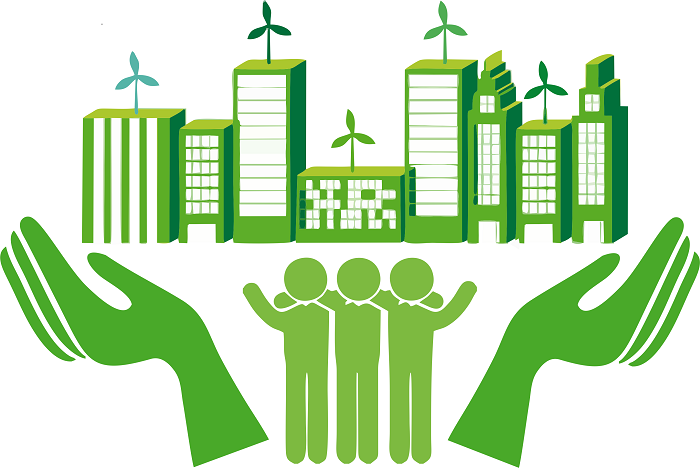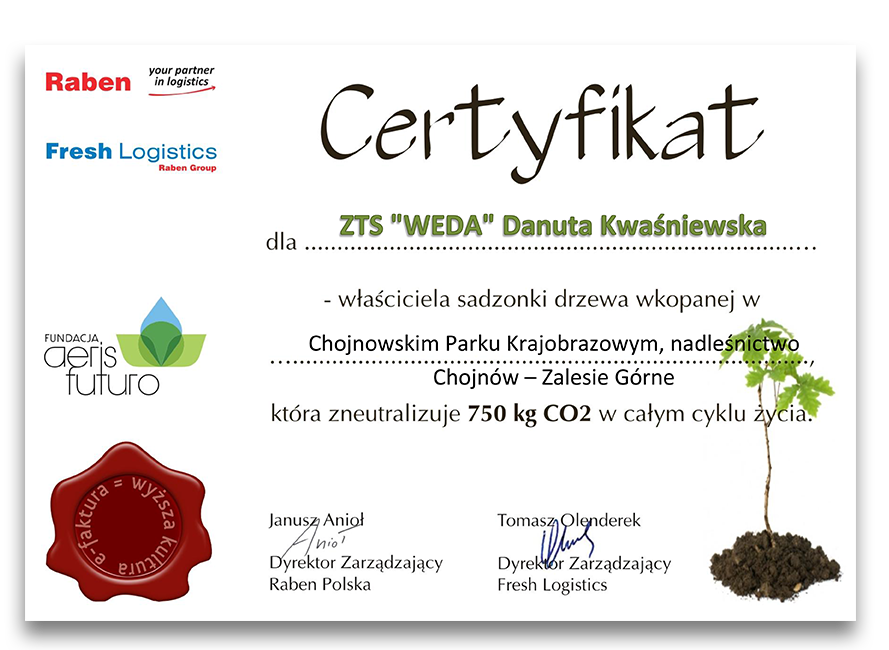
Ecology
The word "ECOLOGY" seems to be the most important word in the world. But what is really ecological and good for the environment, and what is not? Aren't some of the initiatives "ecological" only by terminology? As eco-citizens we must be alert and form our own opinion on what is of interest to us. The change of our behavior and habits is more needed than the change of our products. "Think globally, act locally".
|
Fairy tales are for children Film bags do not grown on trees. They don't like drafts. They don't dive. They don't jump on children's heads. They don't smother animals. They don't roam the streets - they are "too thin" to do that. |
HELP THE PLASTIC BAG GET WHERE IT SHOULD, MEANING TO A CONTAINER FOR PLASTIC AND LET IT BE BORN AGAIN.
The second life of a plastic bag
Plastic bags are perfectly suited for recycling. The raw material that is created in the plastic bags recycling process has a very broad range of applications, e.g. in production of new plastic bags, trash bags, plastic crates, planters, fences, railings, etc. Plastic waste is also a high-energy fuel, of the calorific value equal to petroleum, and in the burning process no harmful fumes are created. Using plastic bags pressed with an iron one can also create fashionable, designer bags and toys.
The innovative value of a plastic bag
So what is the fabulous plastic bag? "A plastic bag is made of ecologically clean polymers (polyethylene and polypropylene). A polymer is nothing else but a line-chain of carbon and hydrogen atoms. Therefore, the products of decomposition and burning of plastic bags are ecologically clean. As a result of burning these, only the omnipresent in nature substances are created: carbon dioxide and water".

